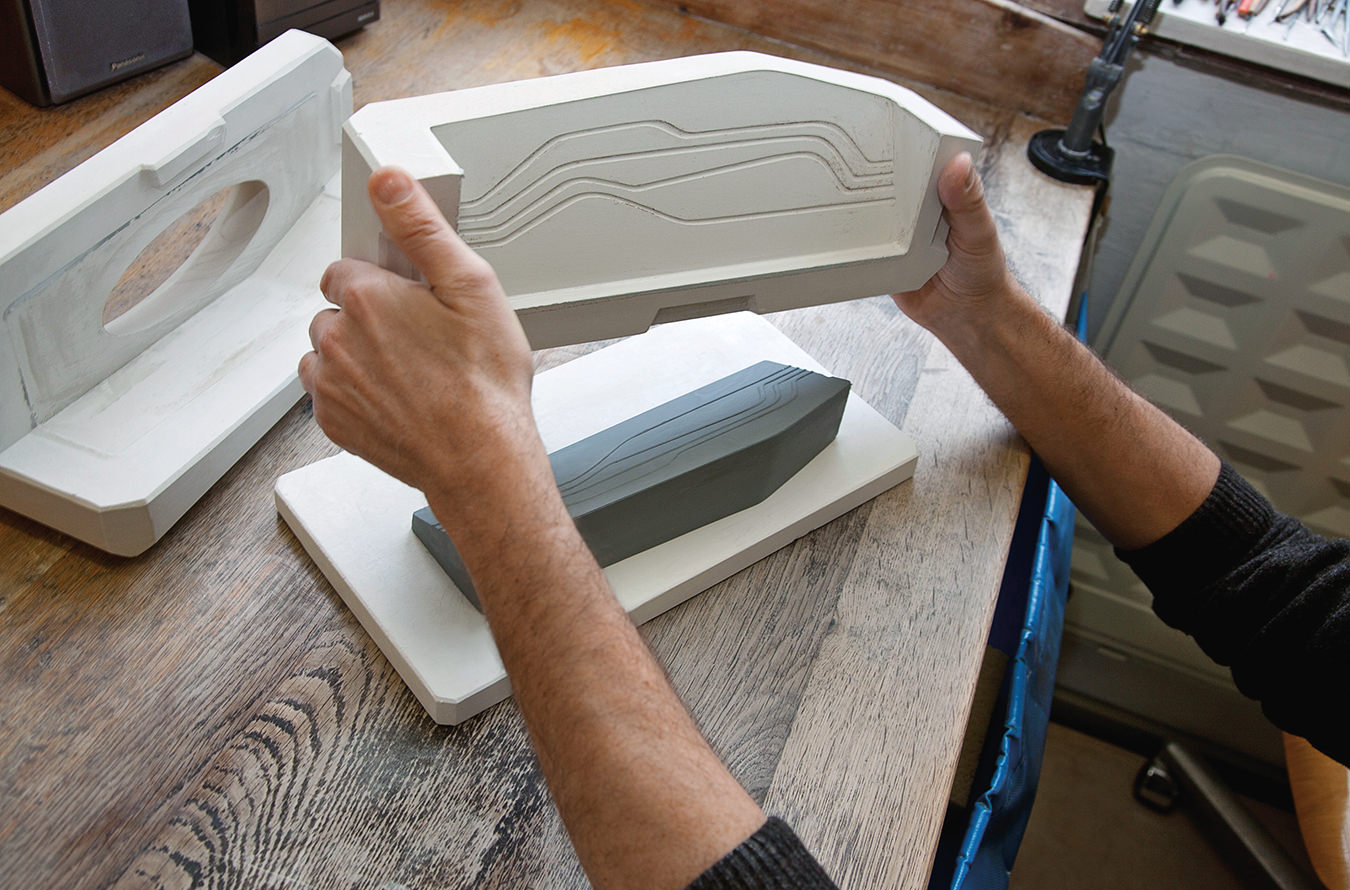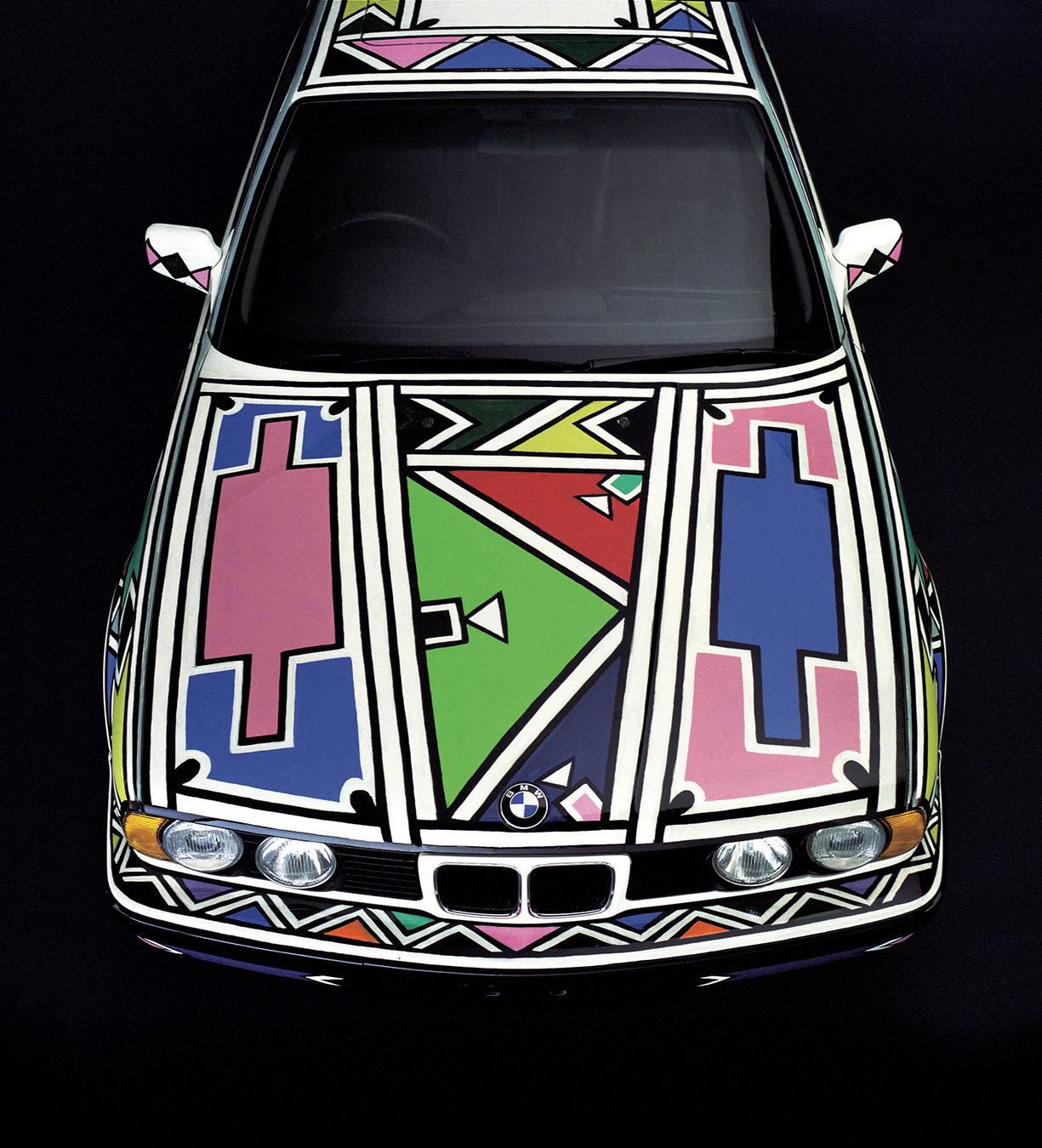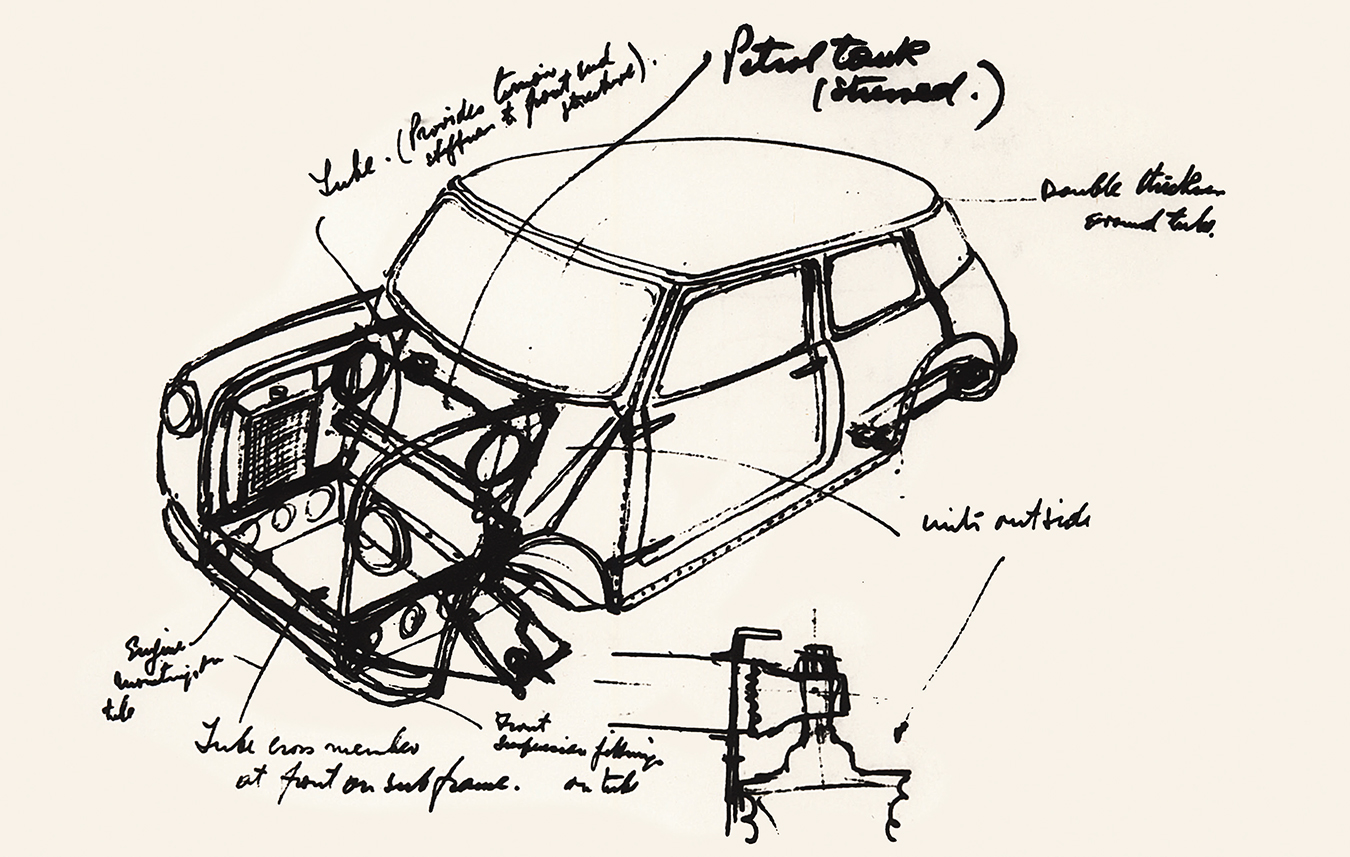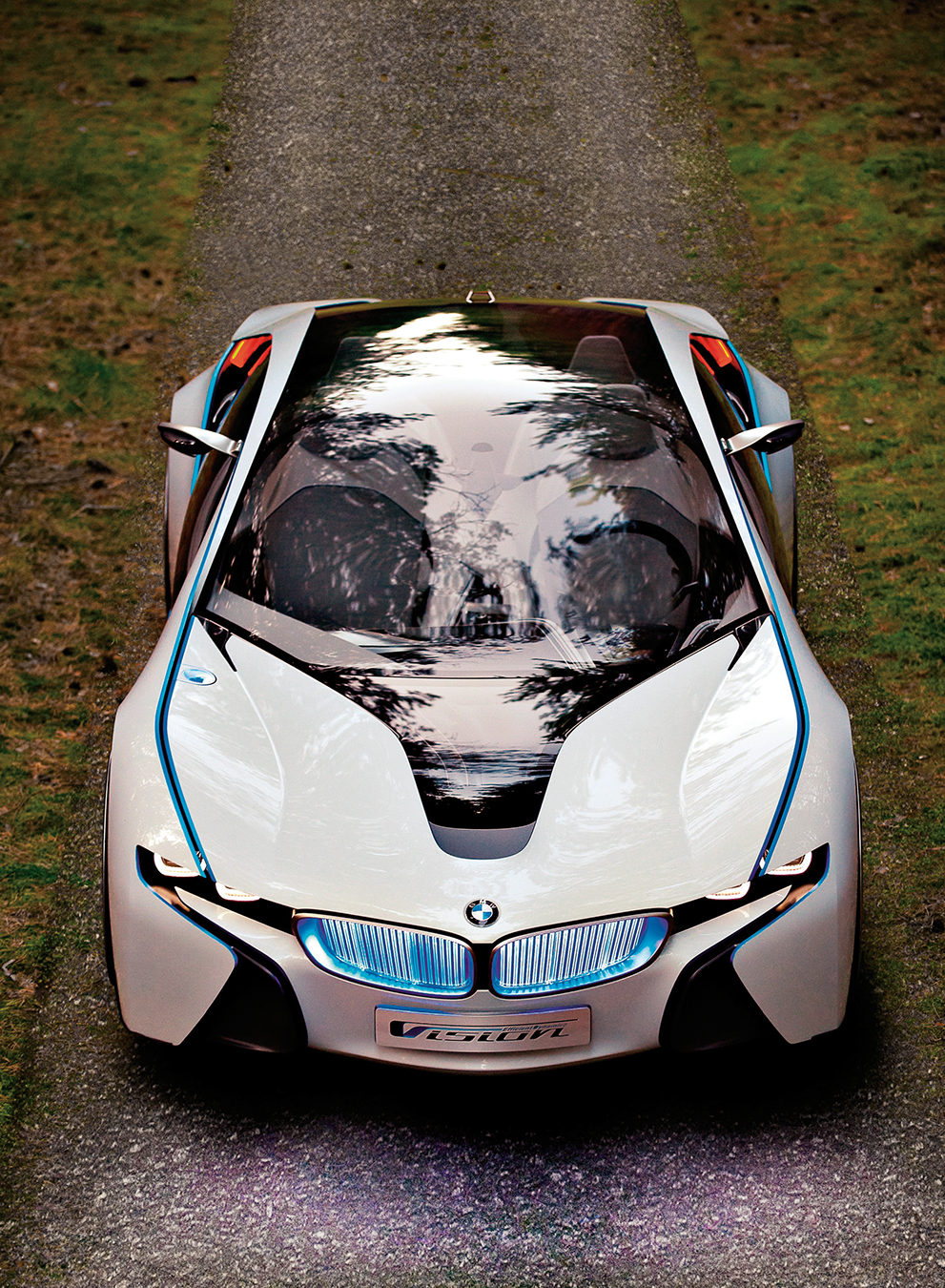Upcoming BMW iX Showcases the Latest and Greatest in German EV
Range and power.
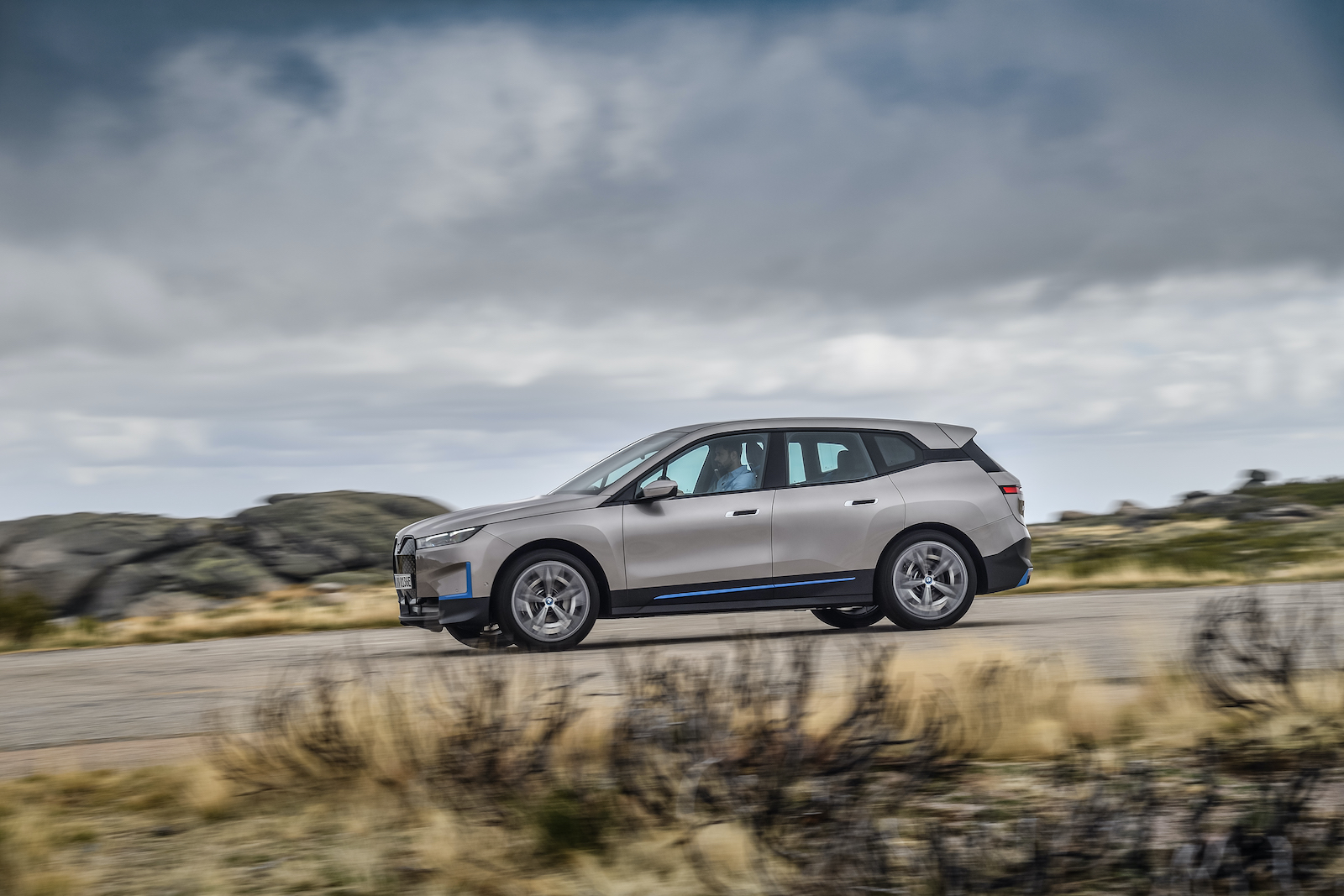
While armchair experts and keyboard warriors gripe about the latest grille design of the latest BMWs, the German automaker has been hard at work on its newest electric vehicle. Called the iX, it’s the SUV successor to the i3 compact car and i8 sports car, packing over 500 horsepower and featuring a range of at least 475 kilometres.
Roughly the same size as a BMW X5, the iX is described as a “technology flagship,” bringing all-new design elements, automated driving technology, and connectivity to one vehicle. Like the i3 and i8 before it, the iX will also focus on sustainability by using natural and recycled materials.
The exterior seems to be an evolution of the recent design philosophy found on the BMW 4 Series and X7. While it’s hard to look past the large grille, there are sharp creases in the body that help it stand out from the rest of the BMW SUV lineup, which looks a bit softer and rounder.
Inside, the iX is unlike any other BMW, with a minimalist dashboard dominated by screens. There are a 12.3-inch digital gauge cluster and a 14.9-inch curved infotainment screen. The cabin looks spacious and clutter-free as a result, but it will be interesting to see how this screen-centric setup affects driveability.
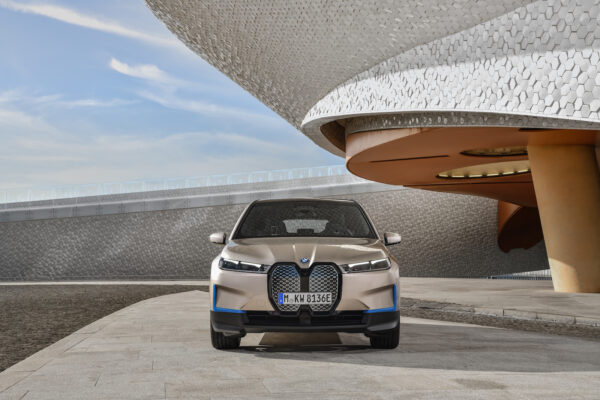
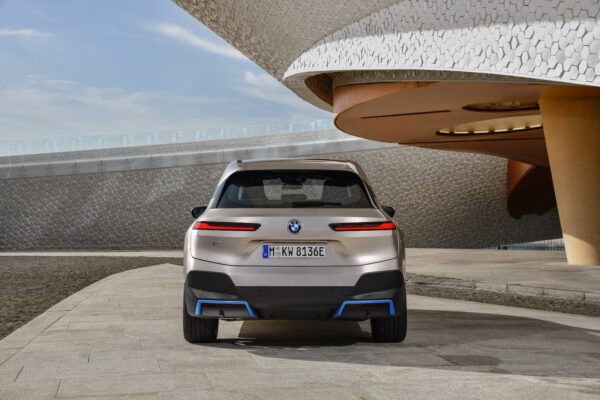
However, thanks to two electrically driven axels, the all-wheel-drive iX should be plenty thrilling to drive as BMW promises a 0–100 km/h sprint in under five seconds. The 100 kWh battery is mounted under the floor, ensuring a low centre of gravity to provide that responsive feel BMWs are known for. Electric SUVs are typically very heavy, and weight is the enemy of responsive handling, so packing all the weight nice and low will help mitigate the negative handling impacts of going all-electric.
Also, that 100 kWh battery has already been put to the test, managing 483 kilometres in the tough EPA test. If that holds up, the iX would be a pretty smart choice for EV buyers seeking range above all else. Furthermore, the vehicle can accept a maximum DC fast-charge rate of 200 kW, meaning it could charge pretty quickly. The automaker anticipates being able to charge from 10 to 80 percent in just 40 minutes, or a rate of 120 kilometres per 10 minutes. Adding to the sustainability effort, BMW says the energy to produce the battery comes exclusively from renewable sources, which should help calm those who are critical of the environmental impacts of electric motoring.
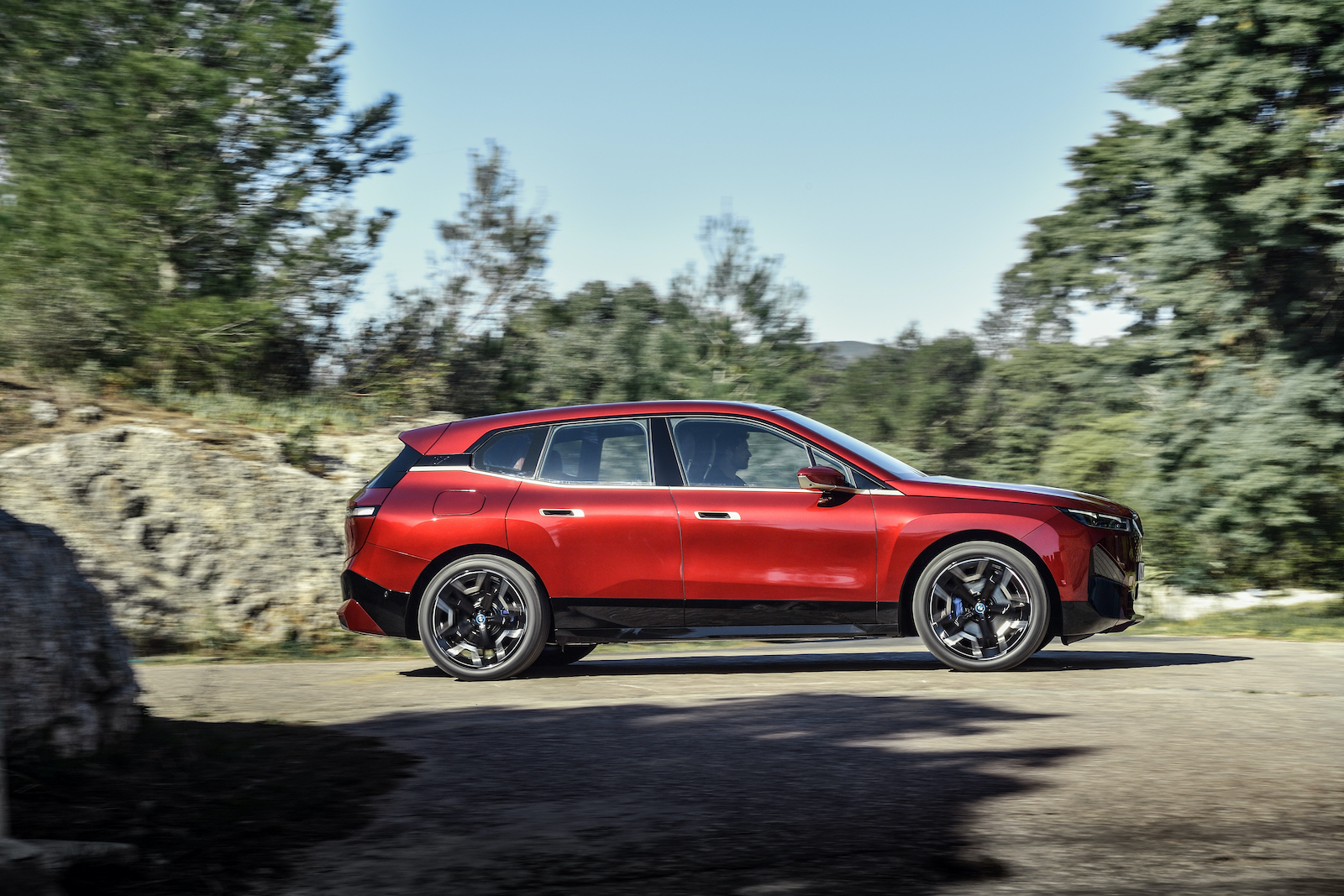
Most of these figures and expectations were tested in optimal conditions, but BMW hasn’t forgotten about customers who may drive their vehicles in colder weather. The automaker spent considerable time testing the iX prototypes in the Arctic Circle, exposing the vehicle to extremely low temperatures and ensuring it could handle the snow and ice. When it hits our roads, the iX will likely shrug off any ragged cottage routes.
The new electric SUV from BMW is expected to arrive in the second half of 2021, and additional details like pricing and trims haven’t been shared yet, but don’t be surprised if the iX features a price tag close to the Tesla Model X.

